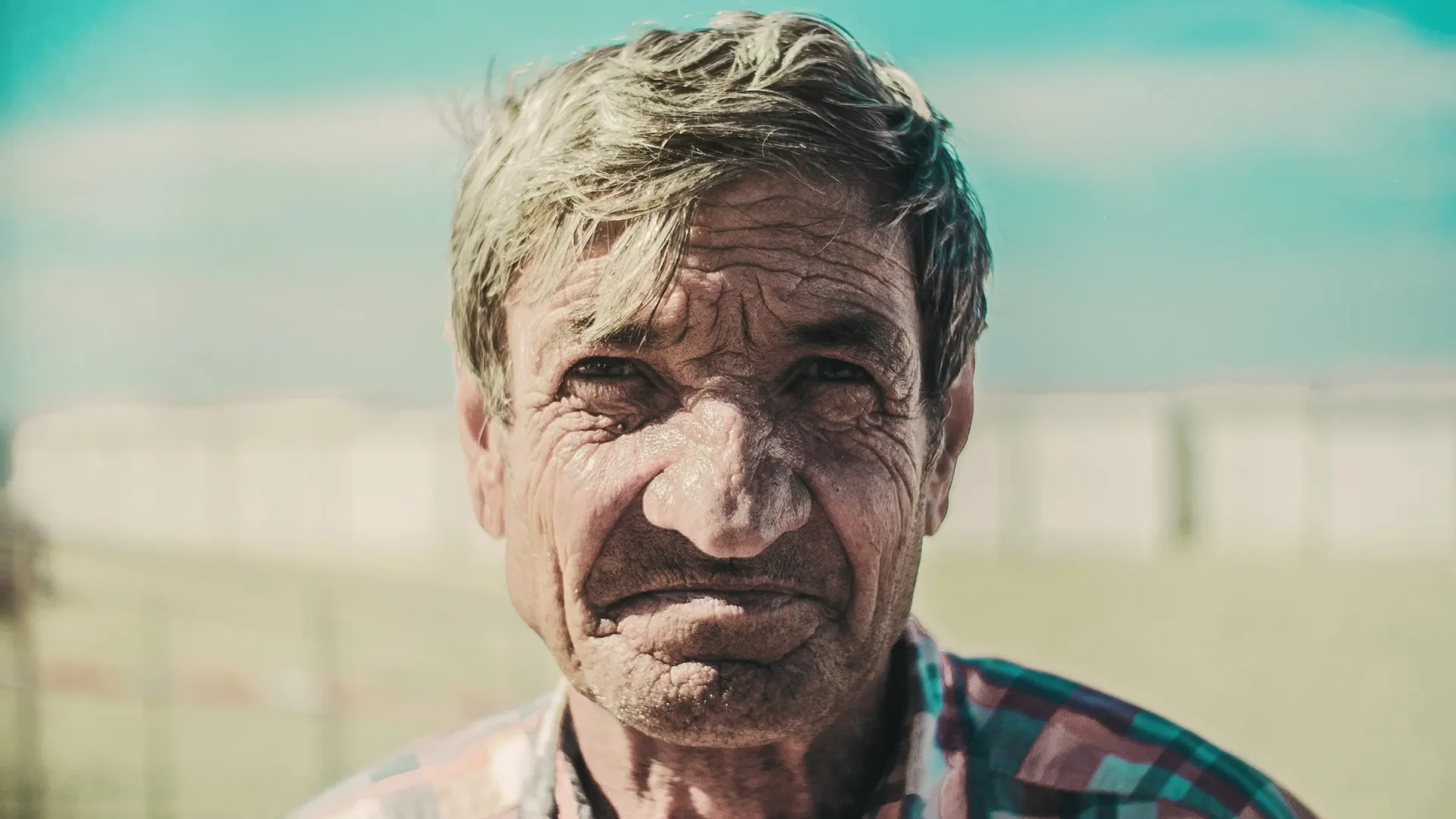Age
How long a person has lived.
A person or people group’s age does not define them; however, age has personal and external implications. A person’s age can determine if they can drink alcohol or vote. A child who is 12 years old or younger can order from the children’s menu. An 80-year-old likely has more health problems than a person who is 32.
Age isn’t a surefire way to determine physical fitness, nor does it accurately represent a person’s maturity level. Sweeping generalizations should not be based on age. However, combining a person’s age with other factors can create a clearer picture of their identity and how they relate to the world around them.
Examples of the Age Factor
- Just turned 21 years old
- 13-year-old teenager
- 72 years old
- 3-month-old infant
Researching Age
Surveys, interviews, and other straightforward methods can be used to learn a person’s age. Special care should be taken when asking questions about age. Some people can feel uncomfortable sharing their age with others. Researching age can reveal the role age plays in different cultures.
Questions to Ask
- What is the person’s age?
- What is their stage of life?
- What are common concerns when someone is in this stage of life?
- What age was this person when they started (doing something)?
Look For
- Activities a person does that are age-specific.
Sources
Social Science
Fiske, S. T., & Taylor, S. E. (2017). Social cognition: from brains to culture. (3rd ed.). London: SAGE.
Montepare, J. M., & Zebrowitz, L. A. (1998). Person Perception Comes of Age: The Salience and Significance of Age in Social Judgments Advances in Experimental Social Psychology. In M. P. Zanna (Ed.), Advances in Experimental Social Psychology: Volume 30 (pp. 93-161). Academic Press. doi:10.1016/S0065-2601(08)60383-4
North, M. S., & Fiske, S. T. (2012). An Inconvenienced Youth? Ageism and Its Potential Intergenerational Roots. Psychological Bulletin, 138(5), 982-997. https://doi.org/10.1037/a0027843
Wittmann, M., & Lehnhoff, S. (2005). Age Effects in Perception of Time. Psychological Reports, 97(3), 921-935. doi:10.2466/pr0.97.3.921-935
